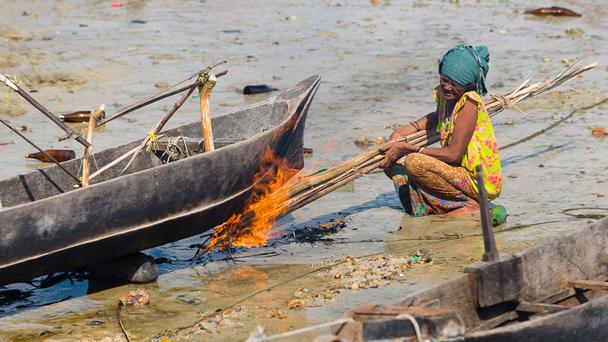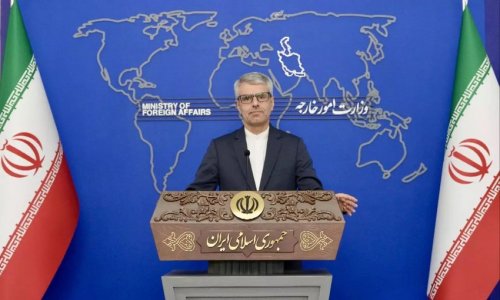In Myanmar’s Mergui archipelago, all the beach brochure clichés actually apply: powdery sand, turquoise waters and forbiddingly thick, verdant jungles are in abundance. Shielded for decades by Myanmar’s status as international pariah, the island chain is one of the last holdouts against the dual onslaught of globalisation and tourism. But as the outside world starts to breach their beaches, these 800 remote islands are set for an overhaul – and the lives of the archipelago’s famous natives, the Moken sea gypsies, are being transformed. The sea gypsiesFor thousands of years, the nomadic Moken sailed the Andaman Sea between Myanmar’s Mergui islands and Thailand’s southern islands, living most of their lives on their boats. Unlike their counterparts in Thailand, where mass tourism has already irrevocably changed the Moken lifestyle, many of them had never seen foreigners until very recently. As tourism increases, the Myanmar Moken, as well as the government and developers, would do well to learn from Thailand’s mistakes. This could be the last chance for the sea gypsies to preserve their language, their way of life and their mythology.Village lifeToday, most of the Moken live in villages, like this one on Nyaung Wee Island, created in the 1990s as part of a government effort to shift the Moken people on to permanent land settlements. Many regret the loss of their traditional lifestyles but few resisted the move. The benefit of healthcare, especially for their children, is a significant appeal of living on land. Bygone boatsHere, a woman uses fire to waterproof a boat. Traditionally, the Moken spent nine months of the year at sea with only the July to September monsoon season on land. Their home was a kabang, a thin, hand-crafted wooden boat with a hut-like roof in the middle. But in the 1990s the Myanmar government placed a ban on logging in the Mergui, depriving the Moken of the wood needed to build their boats. Only a handful of these traditional vessels remain. Still, the Moken here have relative freedom of movement compared to their counterparts in Thailand, where a lack of citizenship means they are now confined to specific villages.Seeing clearlyThe Moken are almost legendary for their aquatic prowess – they dive deeper, longer and see better under water than the rest of us. Scientists have found that the underwater vision of Moken children is twice as good as that of European children.In the same boatBecause of their impressive free diving abilities, the Moken are in high demand among the fishing vessels that charter the Mergui waters. But overfishing is a major problem, and it has taken a toll on the sea gypsies. The Moken end up going further out and have to dive deeper and longer to find fish – pushing them beyond even their remarkable limits. A number of Moken have been reported dead from decompression sickness.Fishy businessFishing is the primary source of income for most Moken, and the concept of monetary trade is new to them. In the past, when they spent most of the year living on their boats, the Moken would generally make do with what they found out at sea. Anything that could not be fished or found would be bartered for on land. Today, they use money, and junk food such as instant noodles and soda has become part of their diet.Clash of culturesHere a monk walks in front of a newly constructed Buddhist temple on Nyaung Wee Island. The Moken have spent much of their history shying away from contact with other ethnic groups and cultures. On Nyaung Wee, the animist Moken are taught by Burmese teachers and cared for by Burmese doctors who are vocal about their Buddhist beliefs.Voyeur fearsGiven their unique nature, many visitors are understandably curious about the Moken and eager to see how they live. But such inquisitiveness has created problems in Thailand’s Moken settlements – some complain that the throngs of tourists have resulted in the “zooification” of their community. Janis Vougioukas, co-founder of tour operator Burma Boating, said the goal of Mergui tour operators should be to incorporate the Moken into a sustainable tourism framework.Shaky futureThere is reason to be optimistic that Myanmar will not follow in Thailand’s footsteps. There is talk of opening a Moken museum on one of the islands, therefore passing down the wisdom and traditions of their ancestors to younger generations. There are also two documentaries on the sea gypsies scheduled for release in 2014, raising awareness of their plight. Vougioukas hopes this will push the government to help the Moken preserve their way of life. “In Myanmar, people are realizing that [Moken] culture is something worth protecting,” he said. “The whole world seems interested.”(BBC)Bakudaily.az
A second chance for Myanmar’s sea gypsies - PHOTO
World
11:00 | 05.08.2014

A second chance for Myanmar’s sea gypsies - PHOTO
Paradise found
Follow us !










